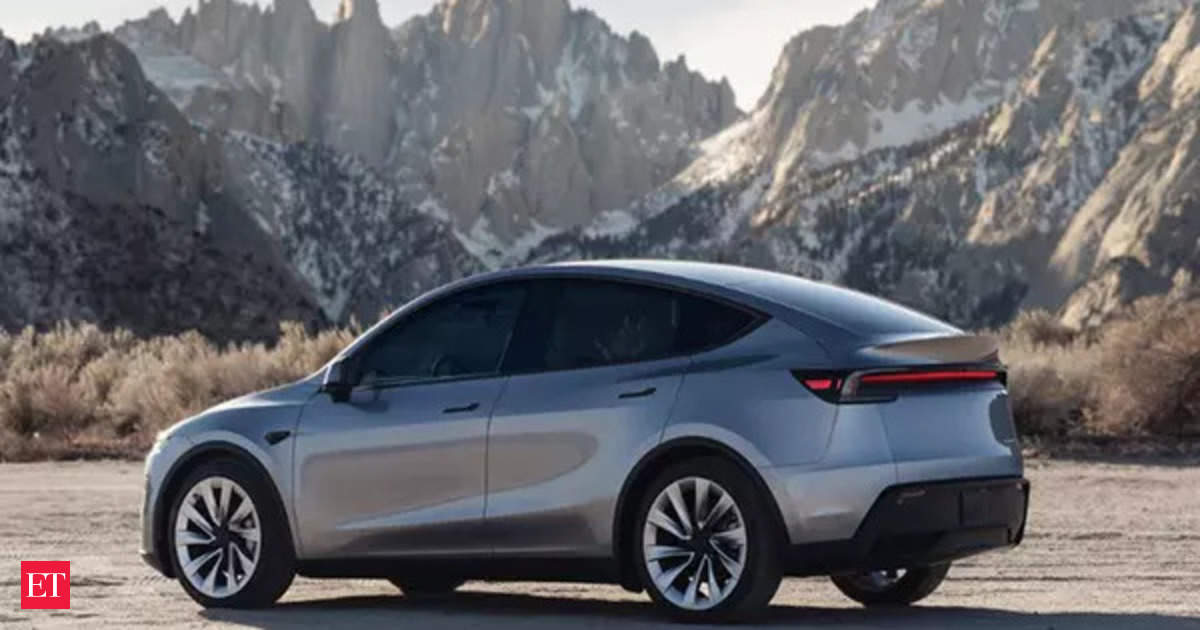If Tesla sets the Model 3’s price at 20-50 per cent above domestic electric vehicle models such as the Mahindra XEV 9e, Hyundai e-Creta, and Maruti Suzuki e-Vitara, the report warns that it is unlikely to make a significant impact on the Indian EV market. Even if Tesla opts to introduce a budget model priced below Rs 25 lakh on-road and captures a portion of the market, the report suggests that the recent drop in Mahindra & Mahindra’s stock already reflects this potential scenario.
Nonetheless, the report indicates that Tesla’s entry is not expected to substantially affect major Indian automotive manufacturers, as the current penetration of electric vehicles in India is lower than in other markets such as China, Europe, and the US.
In the upcoming months, Tesla plans to launch its models in major cities like Delhi and Mumbai. The company has officially initiated its recruitment process in India, marking a crucial milestone towards its long-awaited entry into the domestic market. On February 18, Tesla posted a job opening on LinkedIn for the role of Consumer Engagement Manager in the Mumbai Metropolitan Region.
The report emphasises that for Tesla to offer more competitive pricing and scale its operations, it must establish a manufacturing facility in India, even with the benefits of reduced import duties.According to the report, under India’s electric vehicle policy, Tesla could enjoy a lower import duty of 15 per cent on up to 8,000 units annually if it invests over Rs 4,150 crore in creating a local facility. The report draws a parallel with the Indian motorcycle industry, noting that Harley-Davidson’s X440, which is priced about 20 percent higher than the Royal Enfield Classic 350, has only managed to sell around 1,500 units per month, while the Classic 350 boasts monthly sales of approximately 28,000 units.This illustrates the significant price sensitivity of Indian consumers, making it difficult for Tesla to gain a foothold without competitive pricing, CLSA said.
Ultimately, Tesla’s success in the Indian market hinges on its willingness to invest significantly in local manufacturing. Without such investments, even with reduced import duties, Tesla’s vehicles may remain unaffordable for a large segment of the Indian population, the report underlined.


